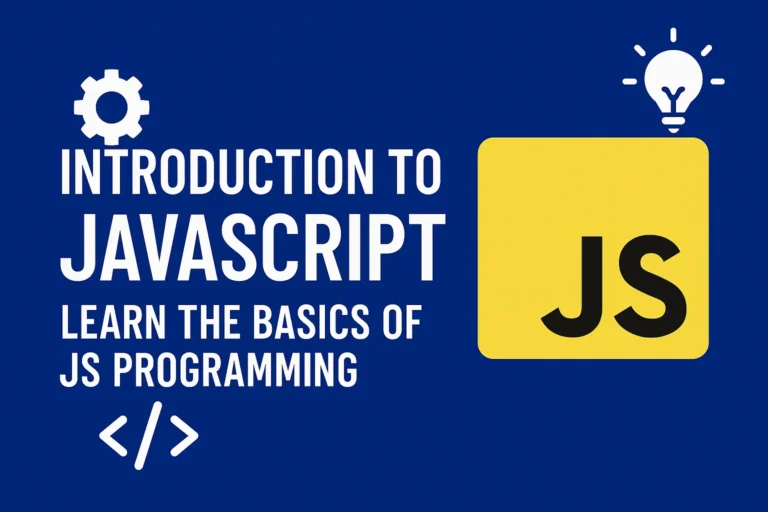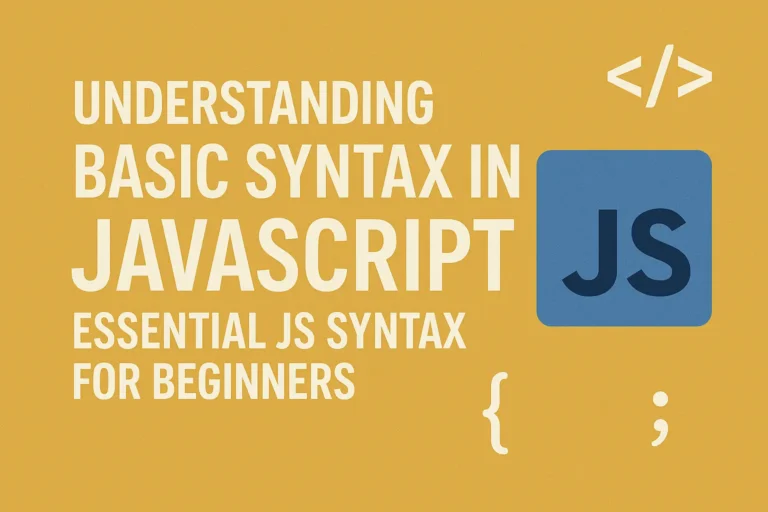Introduction
JavaScript libraries are indispensable tools for modern web development, enabling developers to streamline their workflows, enhance functionality, and create dynamic and interactive web experiences. In this article, we’ll delve into the realm of JavaScript libraries, exploring what they are, their significance in web development, and an overview of some popular libraries shaping the landscape of modern web development.
What are Libraries?
At its core, a JavaScript library is a collection of pre-written JavaScript code that provides developers with reusable functions and utilities to simplify common tasks. These libraries encapsulate commonly used functionalities, such as DOM manipulation, event handling, AJAX requests, animations, and more, abstracting away complex implementation details and allowing developers to focus on building robust applications.
The primary benefits of using libraries include:
Productivity:
Libraries offer pre-built solutions to common problems, reducing development time and effort.
Consistency:
By adhering to established library APIs and patterns, developers ensure consistency across their codebase.
Community Support:
Popular libraries typically have active communities, providing access to documentation, tutorials, and support forums.
Cross-Browser Compatibility:
Many libraries handle cross-browser compatibility issues, ensuring consistent behavior across different browsers and devices.
Performance:
Some libraries are optimized for performance, helping developers build fast and efficient web applications.
Popular Libraries Overview
jQuery:
jQuery is perhaps the most well-known JavaScript library, renowned for its simplicity and versatility. It simplifies DOM manipulation, event handling, and AJAX requests, making it ideal for rapid development. jQuery’s concise syntax and extensive plugin ecosystem have made it a favorite among developers for over a decade.Example:
// jQuery example: Hide an element
$(document).ready(function() {
$("#myElement").hide();
});
React:
React is a declarative, component-based library developed by Facebook for building user interfaces. It introduces a novel approach to building UI components, where changes in application state automatically trigger updates to the UI. React’s virtual DOM ensures efficient rendering, making it suitable for building complex, interactive web applications.Example:
// React example: Hello World component
function HelloWorld() {
return <h1>Hello, World!</h1>;
}
ReactDOM.render(<HelloWorld />, document.getElementById('root'));
Vue.js:
Vue.js is a progressive JavaScript framework that focuses on simplicity and flexibility. It provides a reactive data model and a component-based architecture similar to React but with a gentler learning curve. Vue’s straightforward syntax and intuitive API make it a popular choice for both small-scale projects and large-scale applications.Example:
// Vue.js example: Hello World component
Vue.component('hello-world', {
template: '<h1>Hello, World!</h1>'
});
new Vue({
el: '#app'
});
Angular:
Angular is a comprehensive web application framework developed and maintained by Google. It offers a complete solution for building client-side applications, with features such as two-way data binding, dependency injection, and routing. Angular’s opinionated structure and powerful tooling make it suitable for enterprise-level applications.Example:
// Angular example: Hello World component
@Component({
selector: 'hello-world',
template: '<h1>Hello, World!</h1>'
})
export class HelloWorldComponent { }
Conclusion
JavaScript libraries play a pivotal role in modern web development, empowering developers to build powerful, feature-rich applications with ease. By leveraging the capabilities of popular libraries like jQuery, React, Vue.js, and Angular, developers can accelerate their development workflows, enhance user experiences, and stay ahead in an ever-evolving technological landscape. Whether you’re a seasoned developer or just starting your journey in web development, mastering JavaScript libraries is essential for building next-generation web applications.






